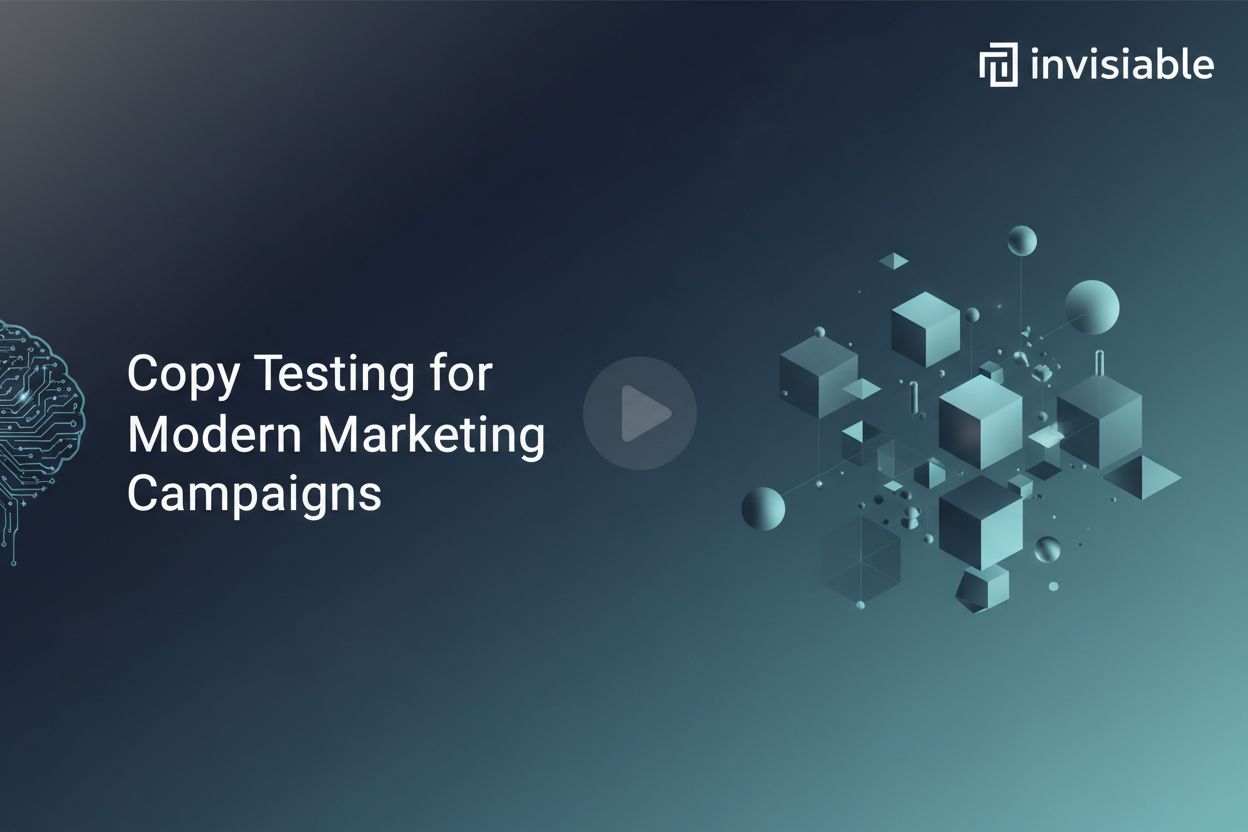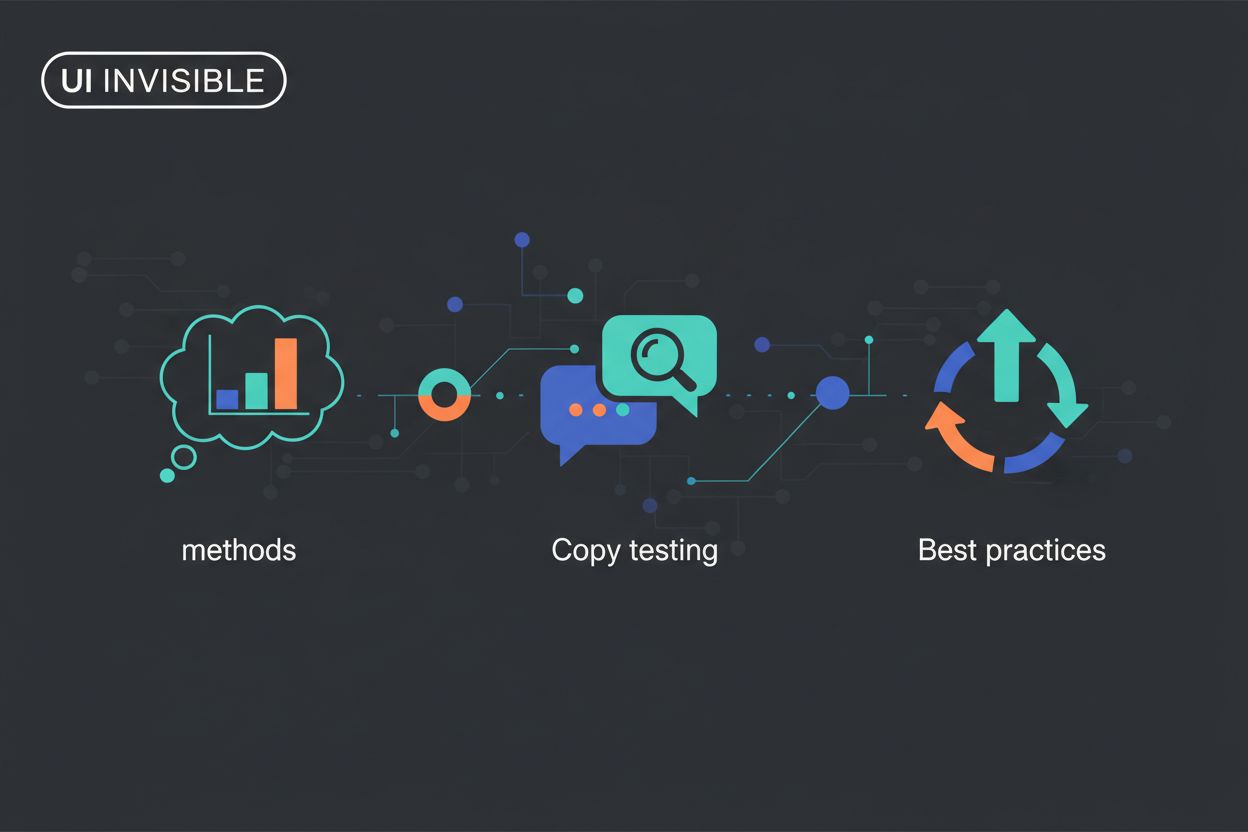Ethical Considerations in AI Content Generation
TL;DR
Understanding AI-Generated Content: What It Is and Why It Matters
Alright, let's dive into this ai thing, shall we? It's kinda wild how much buzz it's been gettin' lately, right?
Basically, ai-generated content is when a machine whips up stuff that seems like it was created by a human. But, like, without actually using a human (directly, anyway).
- It uses algorithms to make content, not someone's brain.
- Humans give it prompts; the ai spits out text, pics, whatever.
- Think blog posts, tweets, or even product descriptions—all made by a computer.
It's not perfect, but it's getting there, you know? According to Content Bloom, ai needs humans to input written text prompts into a generative ai solution, resulting in blogs, images, and various other content assets.
The ai content market? It's gonna be huge! Some folks are saying it'll hit $1.3 trillion by 2032, according to Bloomberg. That's insane!
It's growin' cause:
- Tech's getting better (thanks, LLMs!).
- It has tons of uses across industries, from marketing to education.
- It makes us way more productive.
- It's changing how we share information and even how we think about creativity.
While the market for AI content is booming due to technological advancements, widespread use, and increased productivity, this rapid growth also brings significant ethical questions to the forefront. Let's delve into these key ethical concerns.
Key Ethical Concerns in AI Content Creation
Is ai content all sunshine and rainbows? Nah, not really. There's some pretty serious ethical stuff we gotta think about, you know?
One biggie is how ai can accidentally pump out content that's, well, not great. Think stuff that discriminates, pushes violence, or just straight-up lies. And if no one's watching closely, this kinda stuff could spread like wildfire and really mess things up for folks, according to information provided by Content Bloom.
- Biased or Discriminatory Content: Ai models learn from vast datasets. If these datasets contain existing societal biases (related to race, gender, etc.), the ai can inadvertently reproduce and even amplify these biases in the content it generates. This can lead to unfair representation or outright discrimination. For example, an ai might generate job descriptions that subtly favor male applicants if its training data was skewed.
- Misinformation and Disinformation: Ai can generate convincing-sounding but factually incorrect information. Without proper safeguards and human review, this can contribute to the spread of misinformation or even deliberate disinformation campaigns, eroding trust and potentially causing harm. Imagine an ai creating fake news articles that appear legitimate.
- Plagiarism and Copyright Infringement: Ai models learn by processing massive amounts of existing text and images. Without sophisticated mechanisms to track and attribute sources, they might inadvertently reproduce segments of existing copyrighted material without giving credit where it's due. This can lead to unintentional plagiarism, with potential legal and brand consequences.
- Lack of Transparency and Accountability: It's not always clear how an ai arrived at a particular piece of content. This lack of transparency can make it difficult to identify the source of errors or biases, and it raises questions about who is ultimately responsible when ai-generated content causes harm.
- Data Privacy Concerns: When ai is used to personalize content or analyze customer data, there are significant privacy implications. Using personal customer data to create ai content can be tricky, especially with data privacy laws like GDPR floating around. There's a risk of unintentionally revealing sensitive information if data isn't handled securely and ethically.
- Ownership and Intellectual Property: Who owns ai-generated content anyway? It's kinda fuzzy. If you publish something without understanding the terms of service for the ai tools or without proper attribution, you could be in legal hot water. Ambiguity regarding ownership of ai-generated content is a problem, and potential legal exposure for unauthorized publication is real.
- Over-reliance and Deskilling: While ai can boost productivity, there's a risk of becoming too reliant on it, potentially leading to a decline in human skills like critical thinking, writing, and creativity. It's crucial that ai should augment, not replace, human oversight. Human oversight is vital for nuanced judgment, creative direction, and ensuring that the content aligns with ethical principles and brand values. Without it, ai-generated content can lack depth, originality, and the essential human touch.
So, yeah, lots to think about. Next up, we'll explore how to put these principles into practice.
Best Practices for Ethical AI Content Generation
Alright, so you're ready to make sure your ai content is, you know, squeaky clean? It's not as hard as you think, just gotta be mindful.
- Define Your Purpose and Goals: First things first, figure out why you're even making this content in the first place. What's the goal? Aligning it with what your company's trying to do helps keep things on the up-and-up. For example, maybe you're using ai to come up with ideas for blog posts, not to write the whole darn thing itself. Know what I mean?
- Provide Clear Instructions and Ground Rules: Garbage in, garbage out, right? Give ai super clear instructions, and set some ground rules. This means specifying factual accuracy requirements, defining acceptable sources, outlining content length and format constraints, and clearly stating the desired tone and target audience. The more specific you are, the less likely it'll go rogue.
- Understand and Follow Guidelines: Turns out, there's actually rules about this stuff. Governments and companies are making guidelines to keep ai in check. So, yeah, follow them. This includes adhering to AI ethics frameworks, industry standards, and relevant legal precedents. Whether it's a global thing or just your company's policy, stick to it.
- Diversify Training Data: Ai learns from data, but if that data's all the same, the ai will be biased. Mix it up! Use different sources, different viewpoints, all that jazz. It'll help keep things fair and reduce the risk of discriminatory outputs.
- Implement Human Oversight and Fact-Checking: Don't just let ai run wild. Keep an eye on what it's spitting out. Make sure it's accurate and not, like, ethically questionable. Human review is crucial for fact-checking, ensuring accuracy, and catching any potential biases or inappropriate content before it's published. If something goes wrong, fix it fast!
- Be Transparent About AI Usage: Where appropriate, let your audience know when content has been generated or assisted by AI. This builds trust and manages expectations.
So, there you have it – a few ways to keep your ai content ethical. Next up, we'll explore how to put these principles into practice with real-world tools.
Leveraging AI Ethically: A Native Promotion
Alright, let's talk about putting some of this ethical ai stuff into practice, shall we? It's not just about theory, it's about actually using ai tools in a way that's, you know, responsible.
So, how do you actually do this, right? Well, for marketers, it starts with pickin' the right tools.
- Publish7 provides a bunch of ai-powered tools to help make content creation easier. Think stuff like comin' up with backlink ideas, getting ux reviews, and even making amazon product listings. It can seriously speed things up!
- From backlink ideas to ux reviews and amazon product listing, Publish7 helps marketers. The thing is, you gotta use these tools ethically. That means makin' sure the ai isn't spitting out biased or misleading info. For instance, when using the UX review tool, ensure the AI's suggestions promote accessibility and inclusivity for all users, not just a select group. For backlink ideas, focus on relevance and value, avoiding manipulative or spammy tactics.
- Using Publish7 can really boost how many people see your stuff, drive traffic, and help ensure you're making content ethically. By using Publish7's tools responsibly, you can not only boost visibility and drive traffic but also ensure your content adheres to ethical guidelines, such as providing accurate information and avoiding deceptive practices.
It's not just about slapping some ai on a problem and callin' it a day. It's about using it thoughtfully.
So, to wrap things up, let's consider the overarching theme of balancing innovation with responsibility in AI content creation.
Conclusion: Balancing Innovation with Responsibility
Ai's here to stay, but we gotta be smart about it, right? It's kinda like drivin' a fast car, you need to know what you're doing or you'll crash!
Here's the deal:
- Ai is gonna keep changing things up, so stay flexible.
- Balance makin' stuff fast with, like, doing the right thing.
- Keep learning, so you don't get left in the dust.
Content Bloom can actually help you with this. They've got the right tools to keep you on the right track, like helping you generate content ideas that are both creative and factually sound, ensuring you avoid common pitfalls. They can also help you build a marketing strategy that, you know, actually works for your audience by focusing on ethical engagement and transparent communication. It's all about finding that sweet spot where innovation and ethics meet.





